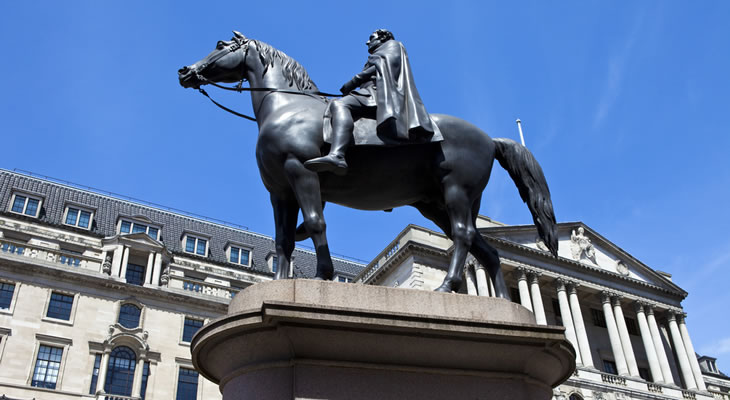Optimistic Forecast from BoE could Cause Further Pound to Euro (GBP/EUR) Exchange Rate Gains
The Pound has made moderate gains against the Euro on 21st March, with the €1.145 exchange rate being the best GBP/EUR level of the week so far.
This positive trading could improve further in the near-term, when the Bank of England (BoE) makes its monthly interest rate decision on 22nd March.
The UK central bank isn’t expected to adjust interest rates from 0.5% on Thursday, but Governor Mark Carney could still inspire Pound gains at the daily press conference.
Mr Carney will be answering questions from journalists and may be quizzed on when the bank is likely to consider raising interest rates in the future.
If Mr Carney suggests that earnings overtaking inflation in the near-term could raise the odds of an imminent interest rate hike, then a Pound to Euro Rally could occur.
Previously, it was thought that lower inflation reduced pressure on the BoE to act.
However, if wage growth overtakes price growth then the bank may still consider hiking interest rates because of implied economic strength to cope with such a change.
UK GDP Slowdown could Limit any BoE-Inspired Pound to Euro Exchange Rate Gains
After the Bank of England (BoE) interest rate decision, the next source of GBP/EUR exchange rate movement could be finalised UK growth rate stats out on 29th March.
Unfortunately for GBP traders, current expectations are for a downgrade of reported UK growth levels.
Quarter-on-quarter GDP growth in Q4 2017 is tipped to slow from 0.5% to 0.4%, while a greater year-on-year reduction from 1.8% to 1.4% has been forecast.
This would represent a step back after signs of better conditions for UK consumers, so the Pound may fall against the Euro on such news.
Euro to Pound Exchange Rate Forecast: Risk of Further EUR/GBP Losses from ECB Falling PMI Stats
The Euro’s drop against the Pound today could worsen in the near-term, as pessimistically-predicted Eurozone PMI activity readings are due out on 22nd March.
Estimates are for the data to show slowing levels of activity for the manufacturing and services sector readings, in addition to a lower overall composite score.
While there are no expectations of economic contraction, such results could still rattle Euro traders and worsen the EUR/GBP exchange rate.
Declining Eurozone Confidence Levels could Trigger Greater EUR/GBP Exchange Rate Decline
Another factor which may drag on the performance of the Euro in trading against the Pound will be Eurozone-wide economic confidence data out on 27th March.
Estimates are for falling economic sentiment as well as lower business confidence, which may mean that the Euro to Pound exchange rate takes an early dip next week.
Lower confidence could reflect concerns about the aftermath of the Italian general election, which ended with a hung parliament earlier this month.
There is a risk of Eurosceptic parties uniting to form a coalition, which could post a threat to future Eurozone stability.


Comments are closed.